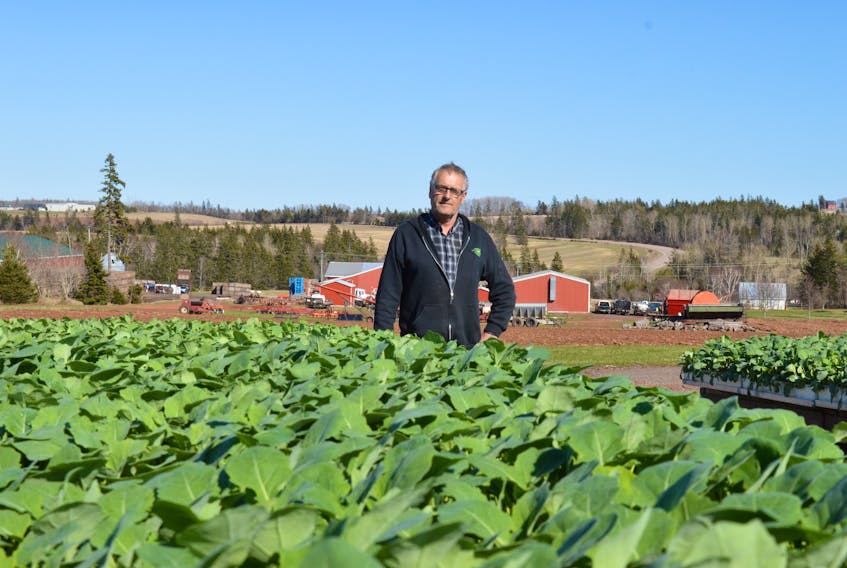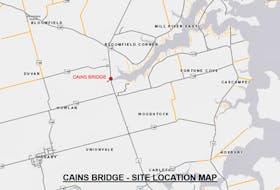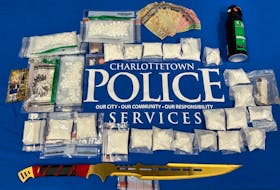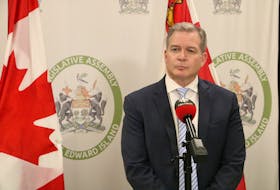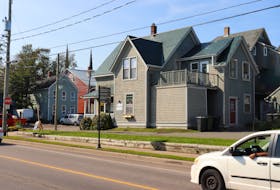BROOKFIELD, P.E.I. — Depending on the kind of crop, this year is anything but typical for Island vegetable growers.
Brookfield Gardens in central P.E.I. grows vegetables for the fresh market. Co-owner Gerald Dykerman said sales are up slightly as more people cook at home during the pandemic.
He’s already growing carrots, rutabaga and beets while cabbage transplants will go in the ground very soon.
“Our business is going well, as far as demand for our product,” said Dykerman.
“People are wanting to eat fresh vegetables.”
But for the P.E.I. potato industry, this year is anything but normal.

Greg Donald, general manager of the P.E.I. Potato Board said potato sales were brisk early in the pandemic as people stocked up on groceries. Warehouses and processors were working extra shifts to meet the need.
Sales have levelled out back to normal levels now, and prices are “under a lot of pressure” due to a surplus of spuds normally destined for the food service industry.
Around one-third of 2019’s crop is still in storage, which is about average.
“With farming, you get one crack at it for planting for the next year.”
- Greg Donald
But, since around 70 per cent of those usually go to processing, farmers were getting worried they wouldn’t be able to sell them. That is, until the government stepped in to help.
The province committed to $4.7 million for shipping and storage costs of processing potatoes on April 23.
“This investment will help mitigate a potato surplus resulting from market conditions related to COVID-19,” said the news release.
That will help move the 2019 crop, but with it waiting in freezers, processors don’t need as many potatoes to keep the market supplied.
“Processors here, locally, have reduced contracts by up to 15 per cent,” said Donald.

Any hit to production means a loss in earnings.
It also means seed potato sales are down as fewer acres are planted.
“That’s going to cost Island seed growers millions of dollars,” said Donald.
He knows business struggles aren’t unique to the potato industry.
“I don’t want to diminish the challenges at any business, because it’s tough for everybody. But with farming, you get one crack at it for planting for the next year.”

